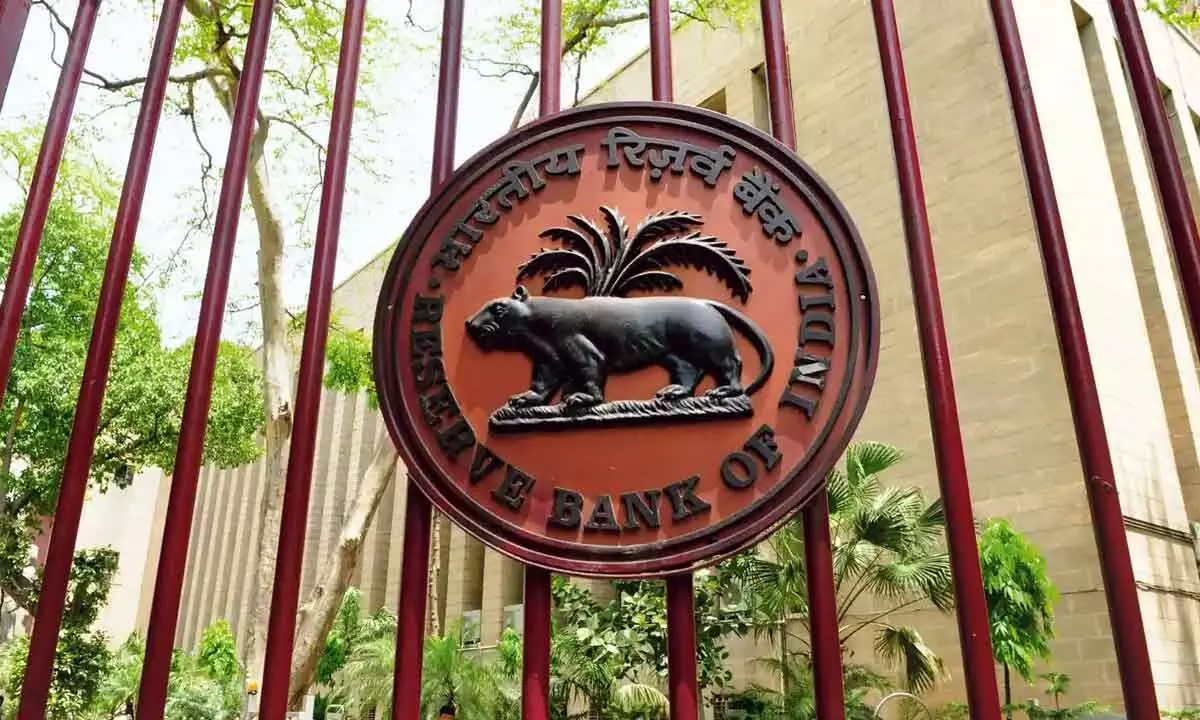Reserve Bank's hawkish rate hikes hurt common man
As slow and steady wins the race, so the Reserve Bank of India (RBI) shouldn’t be hawkish in raising rates
image for illustrative purpose

As slow and steady wins the race, so the Reserve Bank of India (RBI) shouldn't be hawkish in raising rates
For the second month in a row, RBI has increased repo rate, signalling further increase as part of its tightening cycle. If analysts are to be believed, the apex bank will take a pause from taking the key policy rates northwards only when the repo rate, which was at 4.9 per cent at present after the recent hike by 50 basis points, crosses the mark of 5.5 per cent.
The message is crystal clear. While supporting growth and also remaining focused on 'withdrawal of accommodation' to ensure that inflation remains within the target going forward, the RBI has retained its real GDP growth forecast for FY23 at 7.2 per cent with risks broadly balanced.
However, inflation projection for FY23 has been revised upwards by 100 bps to 6.7 per cent on account of several factors including tense global geopolitical situation, elevated commodity prices, adverse global supply conditions and heightened crude oil prices.
Average crude oil price (Indian basket) assumption is now taken at $105 per barrel from $100 per barrel. With recent average 6 per cent MSP hike for the kharif crops, there will be an upside pressure of 15 to 20 bps on inflation.
But, this is not all. Analysts think otherwise. They are not against the repo rate hike. Their only worry was why the repo rate hike should be so steep in nature that too when it was happening the second time in a row. Rather it must be done in a gradual manner, they believe.
The 50 bps hike in repo rate last week, which is the highest in the past one decade, raises many queries than clearing a common man's doubt.
As regards fight against inflation, the recently announced fiscal measures by the government such as a reduction in excise duty on petrol and diesel will help the country significantly in tackling it in the medium term in the face of significant global headwinds. The tamping down of inflation is critical to sustaining the economy's robust growth momentum. For this, RBI will need to work closely with the government and other stakeholders to ensure the recent rate hikes within a short timeframe do not impact the rate of GDP growth, especially given continued global challenges including high energy and food costs.
It is understandable that there is concern about the incessant rate hikes, resulting in higher EMIs.
Experts opine that in the longer run, the resulting price stability will play a crucial role in supporting rising demand. All in all, the RBI's move is necessary and well-reasoned, given the current macro-economic currents. What is not understandable is the manner in which rate hikes should be done by the bankers' bank in future.
In case it is done in a gradual way, then only the common man living in the country will be able to sustain it and start living with it.

